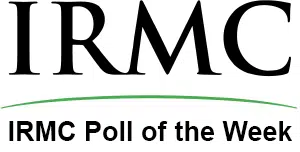The Pennsylvania Senate approved a bipartisan package of bills yesterday that will expand access to affordable post-secondary education and career preparation programs. Known as the Grow PA package, this initiative aims to connect students with high-demand careers in Pennsylvania through various scholarships and grants.
Senate Bill 1150 introduces the Grow PA Scholarship Grant Program, offering up to $5,000 per year to in-state students who commit to living and working in Pennsylvania post-graduation. Similarly, Bill 1151 provides merit scholarships to out-of-state students, enabling them to pay in-state tuition rates for high-demand occupations.
Bill 1152 seeks to expand the Ready to Succeed Scholarship Program, increasing household income limits and lowering GPA requirements to make more students eligible for financial aid. Additionally, Bill 1153 extends the Fostering Independence Tuition Waiver Program nationwide, allowing foster and adopted children from other states to benefit from financial aid and tuition waivers at Pennsylvania State System of Higher Education (PASSHE) schools. These measures aim to reduce student debt and provide more opportunities for higher education.
And Bills 1154 and 1155 introduce performance-based funding metrics for state-related universities and establish a Higher Education Task Force to enhance career preparation programs. The Grow PA package also includes Senate Bill 750, which mandates high school seniors to complete the Free Application for Federal Student Aid (FAFSA). This comprehensive plan represents a significant investment in Pennsylvania’s educational infrastructure, aiming to retain talent within the state and address future economic and demographic challenges.
Senator Joe Pittman lauded the passage of these bills in a Facebook post, saying they represent “a comprehensive, forward-thinking approach to postsecondary education to empower tens of thousands of students and strengthen the workforce of Pennsylvania.” He adds the approval is “a tremendous step towards a brighter future for Pennsylvania’s students.”






